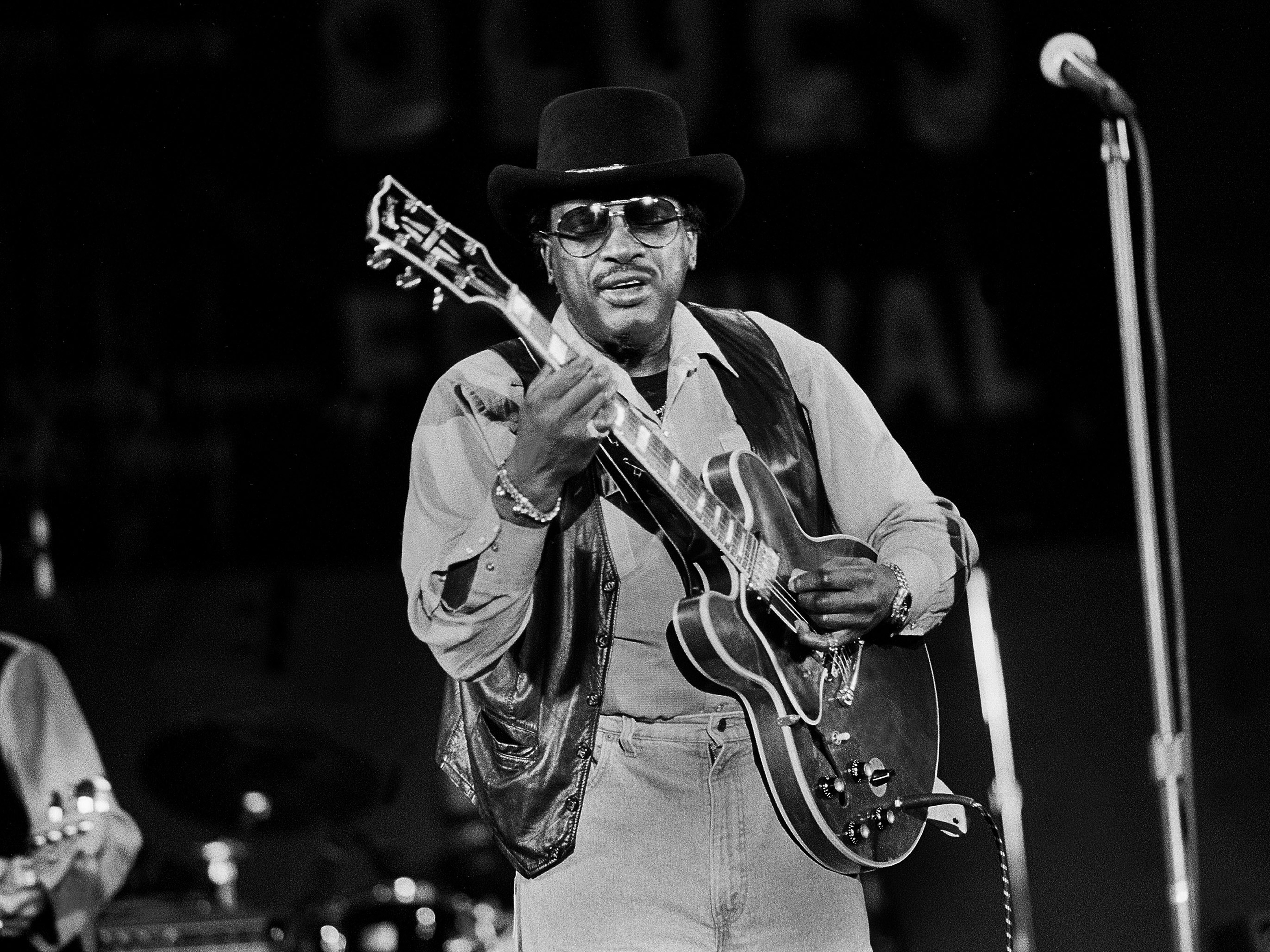Otis Rush (April 29, 1934 – September 29, 2018) stands as one of the most influential figures in the history of blues music. Known for his soulful voice, electrifying guitar work, and deep emotional expression, Rush helped define the Chicago blues sound, influencing countless musicians across generations.
Early Life and Musical Beginnings
Otis Rush was born in Philadelphia, Mississippi, into a family of sharecroppers. Growing up in the segregated South, he was exposed to gospel music in church and the rich tradition of Delta blues that surrounded him. At the age of 14, he picked up the guitar, playing left-handed with a unique upside-down stringing method that became a hallmark of his style.
In the early 1950s, Rush moved to Chicago, a city that was rapidly becoming the epicenter of electric blues. Inspired by blues legends such as Muddy Waters and Willie Dixon, Rush began honing his craft in the bustling Chicago club scene.
Breakthrough: Cobra Records and “I Can’t Quit You Baby”
Rush’s breakthrough came in 1956 when he signed with Cobra Records, a small but influential label. His debut single, “I Can’t Quit You Baby,” became an instant hit, reaching number 6 on the Billboard R&B chart. Written by Willie Dixon, the song showcased Rush’s soaring vocals and searing guitar solos, setting the stage for a series of powerful recordings.
Other notable tracks from his Cobra years include “Double Trouble,” “All Your Love (I Miss Loving),” and “My Love Will Never Die.” These songs, characterized by their minor-key melodies and dramatic intensity, became blues standards.
The West Side Sound and Legacy
Otis Rush was a pioneer of the West Side Chicago blues sound, a style distinguished by its sophisticated guitar work, heavy use of minor chords, and emotional depth. Alongside contemporaries like Buddy Guy and Magic Sam, Rush elevated blues guitar playing to new heights, influencing rock and blues artists such as Eric Clapton, Stevie Ray Vaughan, and Peter Green.
His impact on music extended beyond the blues genre. His work laid the groundwork for the British blues explosion of the 1960s and inspired artists in rock, soul, and jazz.
Challenges and Comebacks
Despite his immense talent, Otis Rush faced numerous challenges throughout his career. Issues with record labels, limited commercial success, and personal struggles led to periods of inactivity. However, he consistently returned to the spotlight with powerful performances and new recordings.
In 1994, Rush won a Grammy Award for Best Traditional Blues Album with “Any Place I’m Going.” His live performances, particularly in the 1970s and 1980s, solidified his reputation as one of the greatest bluesmen of all time.
Later Years and Passing
In 2004, Otis Rush suffered a debilitating stroke that curtailed his ability to perform. Despite his health challenges, his legacy continued to grow, with fans and critics celebrating his groundbreaking contributions to blues music.
Rush passed away on September 29, 2018, at the age of 84, leaving behind a profound musical legacy that continues to inspire musicians and fans worldwide.
Otis Rush’s Enduring Legacy
Otis Rush remains a towering figure in the blues world. His emotive guitar playing, heartfelt songwriting, and powerful vocals have cemented his place in music history. As a true innovator, he bridged the gap between traditional blues and modern music, ensuring that his influence will endure for generations to come.
Whether you’re discovering Otis Rush for the first time or revisiting his timeless classics, his music speaks to the universal themes of love, loss, and resilience. Through his artistry, Rush reminds us of the enduring power of the blues.


Comments are closed